This article was co-authored by Alex Dimitriu, MD and by wikiHow staff writer, Amber Crain. Alex Dimitriu, MD is the Owner of Menlo Park Psychiatry and Sleep Medicine, a clinic based in the San Francisco Bay Area with expertise in psychiatry, sleep, and transformational therapy. Alex earned his Doctor of Medicine from Stony Brook University in 2005 and graduated from the Stanford University School of Medicine's Sleep Medicine Residency Program in 2010. Professionally, Alex has dual board certification in psychiatry and sleep medicine.
There are 15 references cited in this article, which can be found at the bottom of the page.
This article has been viewed 100,797 times.
You may need to help someone stay awake so they can focus on working or driving late at night. Encouraging them to switch tasks regularly and take periodic breaks are two easy ways to keep them alert, but there are lots of other simple things you can try! Just make sure they eventually get a chance to rest since routinely missing sleep isn't healthy. If you're concerned about keeping someone awake who has a concussion, don't be! As long as they can walk and talk normally and their pupils aren't dilated, sleeping can actually help them recover from their concussion faster.[1]
Steps
Staying Mentally Stimulated
-
1Chat with them about something interesting to keep them engaged. Talking to you will keep their mind active, especially if you start an interesting conversation! If you’re with a friend, you could ask them their opinion on a relevant political or religious topic. If you’re at work or want to avoid potentially controversial topics, try talking to them about their favorite band, television series, or book. You might ask questions like:[2]
- “I just finished watching the newest season of American Horror Story and I’m still not over that plot line. What did you think about it?”
- ”You’re into Star Wars, right? Do you prefer the original movies or the newer ones?”
- ”So who do you think will win the upcoming presidential election?” Again, keep in mind that political and religious conversations aren’t good options for the workplace!
-
2Switch tasks regularly to keep your minds active. Hours of monotonous work can quickly lead to boredom and sleepiness, but changing things up every couple of hours will keep you both on your toes. If you have a long night ahead of you and a list of tasks to knock out, get the dull stuff out of the way early and save the more stimulating tasks for later on.[3]
- For example, if you’re working the overnight shift with a coworker, get the data entry out of the way at the beginning of your shift. That way, you can make the rounds and do inspections together later in the evening.[4]
Advertisement -
3Turn the lights on and keep them on to stay alert. Bright light simulates sunlight, which signals to your body that it’s time to be active and alert. If it’s nighttime, keep the overhead lights on in the room and avoid dim light and lamplight, both of which can make you drowsy. If it’s daytime, open the curtains and crack a window for some sunlight and fresh air.[5]
-
4Encourage them to rest their eyes periodically to avoid fatigue. Eyestrain caused by staring at a fixed point, like a computer screen, television monitor, or the road, for hours on end is a common cause of drowsiness. If you’re studying or working together, encourage each other to look away from your screens periodically.[6]
- If you’re on the road, pull over every 2 hours, or every 100 miles, to rest your eyes and alternate driving duties.[7]
-
5Put on some music. Listening to music gives your mind something to focus on and the noise alone can prevent you both from drifting off. Energetic music is usually the best choice since soft, slow music can lull you into sleepiness. Try putting on their favorite music, asking them questions about it, or encouraging them to sing along with you.[8]
- For this to work effectively, the music needs to be engaging. Avoid just putting on the loudest or most grating music you can find.[9]
- Genres like rock, pop, and techno tend to be high energy and the beat can help you feel more alert. However, any music that you both actively enjoy will be helpful.
-
6Offer them some chewing gum to help them stay alert. Studies show that chewing gum is an easy way to improve attention and help people stay on task. Any chewing gum flavor will work, although minty flavors like wintergreen and spearmint are typically the most refreshing. Keep a pack of gum on you and offer pieces to your coworkers or friends whenever they start looking sleepy.[10]
- You may want to go with sugar-free gum since it's better for your teeth.[11]
Boosting Energy
-
1Take a 10-minute walk together for an energy boost. Sitting at a desk or being sedentary for long periods can cause drowsiness. The easiest way to combat this is to get up and move around! A quick 10-minute walk is all you need to increase alertness and feel more awake.[12]
- For example, you might say to your coworker, “Jess is going to take over for us for a few minutes so we can take a break. Let’s take a walk around the building for a change of scenery.”
-
2Grab a healthy snack to feel more alert. Take a break and grab something healthy to snack on, like fruit, veggies, nuts, or whole grains. Avoid sugary treats and carb-heavy snacks from the vending machine, though! These can make you feel energetic at first but soon your blood sugar will plummet, which can make you feel fatigued and mentally foggy. Try health snacks like:[13]
- Peanut butter on whole wheat crackers or celery sticks
- Yogurt and a handful or nuts or fresh fruit
- Whole grain pita and hummus
-
3Diffuse energizing essential oils to help them combat grogginess. Breathing in certain essential oil scents may help boost energy and alertness for some people. Setting up an electric oil diffuser nearby is an easy way to try this, although reed diffusers can also work. The best essential oils for alertness are:[14]
- Citrus oils like lemon, orange, and grapefruit
- Aromatic oils like rosemary and peppermint
- Camphorous oils like eucalyptus
- You can buy essential oil diffusers at most big box and department stores. Be sure to follow the manufacturer's directions when operating a diffuser.
-
4Offer water and other non-caffeinated liquids to help them stay hydrated. Dehydration quickly leads to fatigue. Get your friend or coworker a cold water or juice every few hours or encourage them to snack on foods that are high in water, like fruits and veggies, to help them stay alert.[15]
- Avoid sugary beverages like soda. The initial sugar rush feels great, but the crash that soon follows will leave you feeling even more tired.
-
5Show them a few deep breathing tricks to feel more awake. Deep breathing can help boost mental performance and energy because it raises oxygen levels in the body. Advise them to sit up straight, inhale deeply through their nose, and slowly exhale through pursed lips about 10 times to feel more energized. They can do this as often as they like![16]
- Remind them to take deep breaths from the abdomen rather than shallow breaths from the chest for the best results.
-
6Enjoy a caffeinated beverage together for a quick pick-me-up. Caffeinated beverages like coffee, tea, and energy drinks are an easy way to feel more alert in the short-term. Take a coffee break together or pull over to grab an energy drink to feel more awake. Just keep in mind that caffeine wears off after a few hours![17]
- You can also try other caffeinated products, like chewing gum, if you don't like the taste of caffeinated beverages.[18]
- Try to avoid drinking caffeine constantly to stay awake. Eventually it will stop being effective and can disrupt your sleep later on.
- It will take about 30 minutes for you to feel the effects of caffeine. It’s a quick fix, but not immediate!
Expert Q&A
Did you know you can get premium answers for this article?
Unlock premium answers by supporting wikiHow
-
QuestionWhat helps a person fall asleep?
 Alex Dimitriu, MDAlex Dimitriu, MD is the Owner of Menlo Park Psychiatry and Sleep Medicine, a clinic based in the San Francisco Bay Area with expertise in psychiatry, sleep, and transformational therapy. Alex earned his Doctor of Medicine from Stony Brook University in 2005 and graduated from the Stanford University School of Medicine's Sleep Medicine Residency Program in 2010. Professionally, Alex has dual board certification in psychiatry and sleep medicine.
Alex Dimitriu, MDAlex Dimitriu, MD is the Owner of Menlo Park Psychiatry and Sleep Medicine, a clinic based in the San Francisco Bay Area with expertise in psychiatry, sleep, and transformational therapy. Alex earned his Doctor of Medicine from Stony Brook University in 2005 and graduated from the Stanford University School of Medicine's Sleep Medicine Residency Program in 2010. Professionally, Alex has dual board certification in psychiatry and sleep medicine.
Sleep Medicine & Psychiatry Professional Relaxing and turning off any screens is a great start. Sit back, do something that isn't particularly stimulating, and drink some chamomile or Valerian tea. Turn the temperature down a little bit, close the blinds, and shut the lights off when you're ready to go to bed. You'll find yourself falling asleep in no time.
Relaxing and turning off any screens is a great start. Sit back, do something that isn't particularly stimulating, and drink some chamomile or Valerian tea. Turn the temperature down a little bit, close the blinds, and shut the lights off when you're ready to go to bed. You'll find yourself falling asleep in no time. -
QuestionMy friend is asleep. How do I wake her?
 Chris M. Matsko, MDDr. Chris M. Matsko is a retired physician based in Pittsburgh, Pennsylvania. With over 25 years of medical research experience, Dr. Matsko was awarded the Pittsburgh Cornell University Leadership Award for Excellence. He holds a BS in Nutritional Science from Cornell University and an MD from the Temple University School of Medicine in 2007. Dr. Matsko earned a Research Writing Certification from the American Medical Writers Association (AMWA) in 2016 and a Medical Writing & Editing Certification from the University of Chicago in 2017.
Chris M. Matsko, MDDr. Chris M. Matsko is a retired physician based in Pittsburgh, Pennsylvania. With over 25 years of medical research experience, Dr. Matsko was awarded the Pittsburgh Cornell University Leadership Award for Excellence. He holds a BS in Nutritional Science from Cornell University and an MD from the Temple University School of Medicine in 2007. Dr. Matsko earned a Research Writing Certification from the American Medical Writers Association (AMWA) in 2016 and a Medical Writing & Editing Certification from the University of Chicago in 2017.
Family Medicine Physician
Warnings
- You may have heard that you need to keep someone awake if they have a minor concussion, but that's not necessary as long as their pupils aren't dilated and they can talk normally. If they're slurring their words, staggering, or have dilated pupils, take them to the ER.[19]⧼thumbs_response⧽
- Avoid alcohol and medications that cause drowsiness, like antihistamines.[20]⧼thumbs_response⧽
- If your friend consistently has trouble staying awake during “normal” hours, they may have a medical condition. Consider suggesting that they see a doctor to get checked out.[21]⧼thumbs_response⧽
References
- ↑ https://uamshealth.com/medical-myths/is-it-safe-to-sleep-if-you-have-a-concussion/
- ↑ https://www.salemhealth.org/services/sleep/good-sleep-habits/how-to-stay-awake-naturally
- ↑ https://www.sciencedaily.com/releases/2017/09/170929093400.htm
- ↑ https://www.sleepfoundation.org/articles/what-you-need-know-about-excessive-sleepiness-and-shift-work
- ↑ https://www.sciencedaily.com/releases/2019/10/191015131508.htm
- ↑ https://www.salemhealth.org/services/sleep/good-sleep-habits/how-to-stay-awake-naturally
- ↑ https://newsroom.aaa.com/2018/02/drowsy-driving-dont-asleep-wheel/
- ↑ https://www.t-driver.com/know-the-risks/junior-high-2/alert-and-awake/
- ↑ https://www.sleepfoundation.org/excessive-sleepiness/safety/how-stay-awake-road-tips-combat-drowsy-driving
- ↑ https://www.hindawi.com/journals/bmri/2015/654806/
- ↑ https://www.ada.org/en/member-center/oral-health-topics/chewing-gum
- ↑ https://health.clevelandclinic.org/how-to-stay-awake-without-caffeine/
- ↑ https://www.salemhealth.org/services/sleep/good-sleep-habits/how-to-stay-awake-naturally
- ↑ https://www.sleep.org/articles/scents-to-wake-you-up/
- ↑ https://health.clevelandclinic.org/how-to-stay-awake-without-caffeine/
- ↑ https://www.salemhealth.org/services/sleep/good-sleep-habits/how-to-stay-awake-naturally
- ↑ https://www.sleepfoundation.org/excessive-sleepiness/safety/how-stay-awake-road-tips-combat-drowsy-driving
- ↑ https://drowsydriving.org/about/detection-and-prevention/
- ↑ https://uamshealth.com/medical-myths/is-it-safe-to-sleep-if-you-have-a-concussion/
- ↑ https://www.sleepfoundation.org/excessive-sleepiness/safety/how-stay-awake-road-tips-combat-drowsy-driving
- ↑ https://my.clevelandclinic.org/health/diagnostics/12140-sleep-disorders-when-to-seek-help
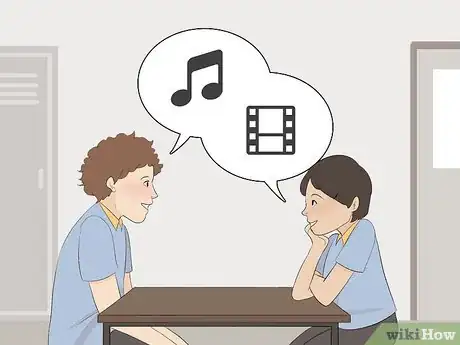
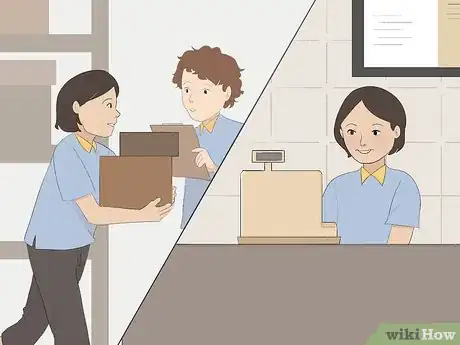
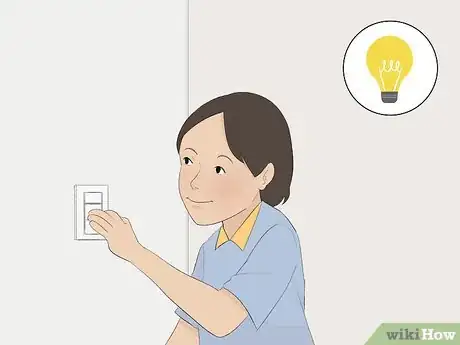
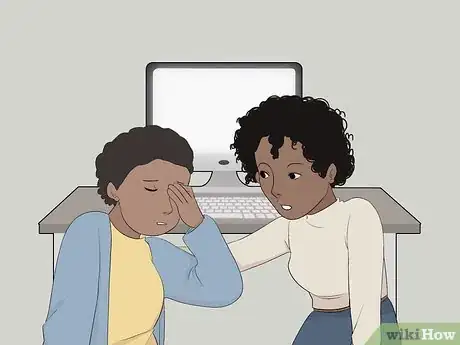
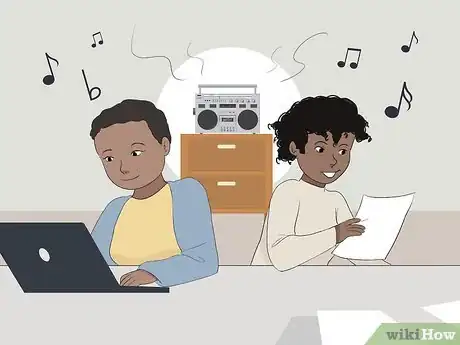
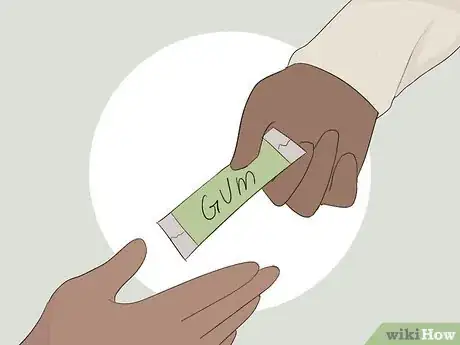
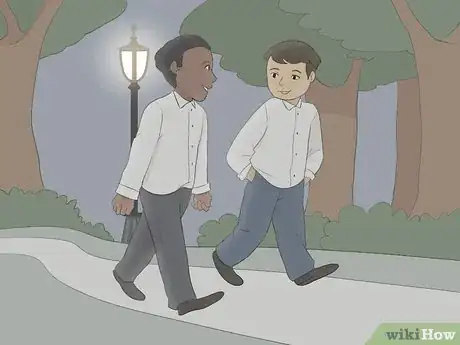
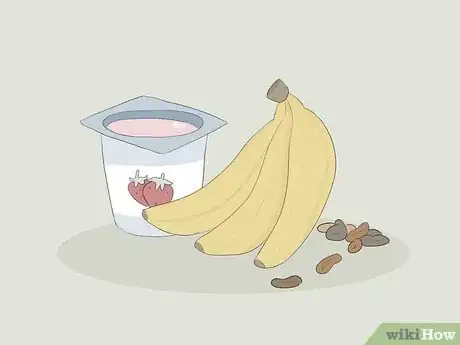
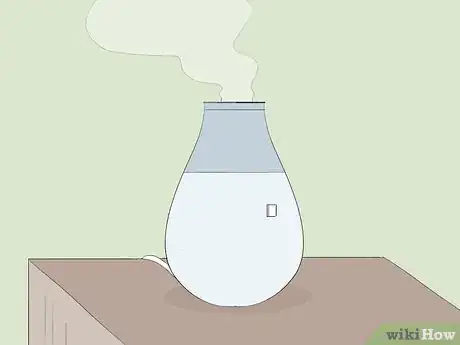
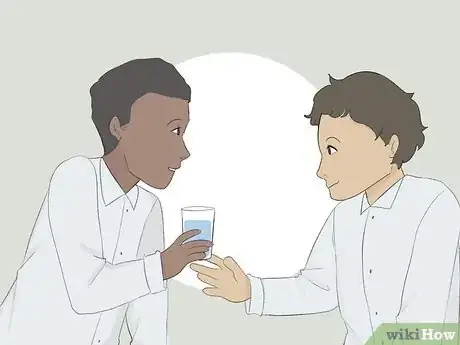
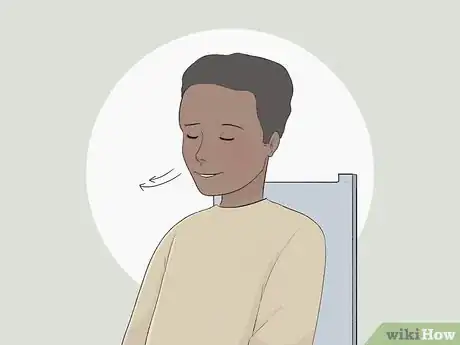

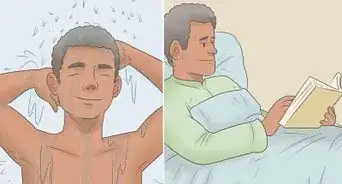

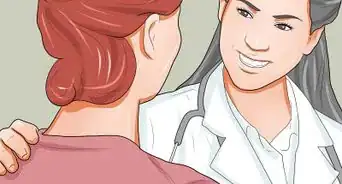


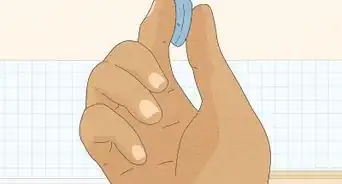
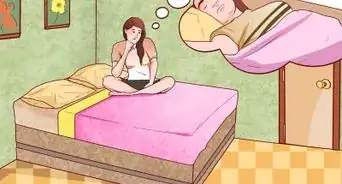

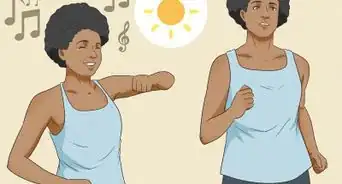











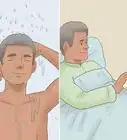
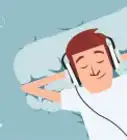





































Medical Disclaimer
The content of this article is not intended to be a substitute for professional medical advice, examination, diagnosis, or treatment. You should always contact your doctor or other qualified healthcare professional before starting, changing, or stopping any kind of health treatment.
Read More...